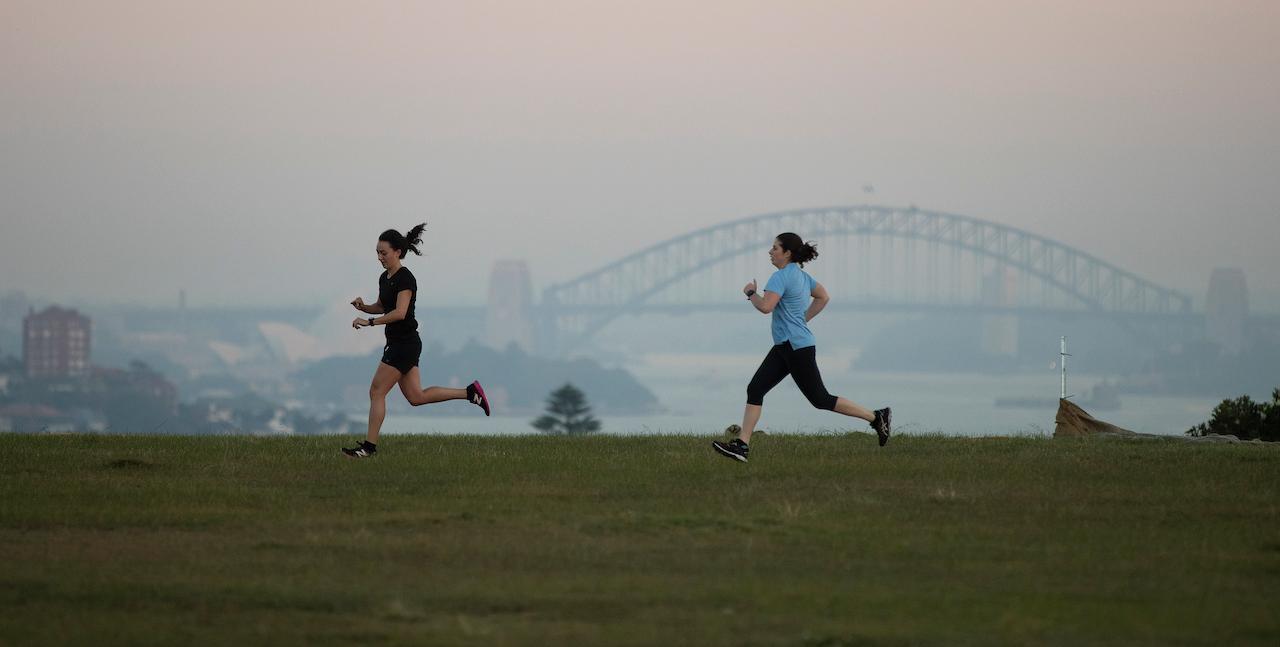BBQ fan in Sydney sparks Covid mystery outbreak and restrictions
Mystery outbreaks are especially troubling for authorities because of the virus’s resilience and ability to spread with no clear source.
Just In
A barbecue enthusiast who went on a city-wide search for grilling supplies while infected with Covid-19 has triggered new restrictions in Sydney, which is now battling new cases after a month without local transmission.
Health authorities are mystified as to how the man, who is in his 50s, and his wife became infected. Neither of them is a border or quarantine worker or had recently returned from overseas.
The unnamed man crisscrossed the city while infectious, visiting four barbecue stores miles apart, and a butcher shop. He ate at several restaurants and saw a movie at a local cinema.
People who came into contact with him, including the state’s treasury chief, have been asked to self-quarantine and get tested.
“We know for a fact there’s at least one person, if not more, walking around with the virus, not knowing they have it,” Gladys Berejiklian, the premier of New South Wales, said on Thursday as she announced three days of restrictions in the Sydney area.
Restrictions were eased a few months ago for Sydney residents, allowing them to go back to football games, dance, drink and sing mask-free.
Now however, the old restrictions are back. From Thursday evening, residents of Sydney and nearby areas can’t have more than 20 people in their homes. Masks are compulsory on public transportation and in indoor spaces. Singing indoors, including in churches, is banned again, along with dancing in clubs. In pubs, drinkers must be seated.
Lab results have shown the sequence from the Sydney man’s case matched that of a traveller from the US who caught the virus in hotel quarantine in April. Tracers haven’t been able to establish a link between the two, however, raising concerns there may be more undetected cases.
In addition, authorities asked thousands of residents to seek testing for any mild symptoms after fragments of the coronavirus were detected in sewage in several Sydney suburbs.
Mystery outbreaks are especially troubling for authorities because of the virus’s resilience and ability to spread with no clear source.
When the virus reappeared in New Zealand’s biggest city, Auckland, in August after three months, it spread to more than 100 cases. The source of the outbreak was never determined.
In response to the new Sydney cases, New Zealand said it would pause quarantine-free travel with New South Wales for 48 hours. Australia and New Zealand launched their travel bubble just last month.
While Australia successfully beat the virus due to draconian curbs, its vaccine rollout has been plagued by delays. Far fewer residents have been inoculated, proportionally, compared with the US and Britain.
Subscribe to our newsletter
To be updated with all the latest news and analyses daily.
